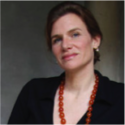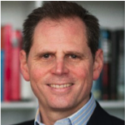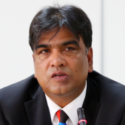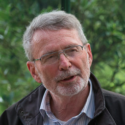Over the next fifty years, most new wealth will be accumulated in cities; this includes physical infrastructure (road, rail, electricity, telecommunications and sanitation), productive capital (houses, offices and factories) and knowledge capital (skills, knowhow and ideas). The development of cities will also determine humanity’s ability to preserve natural capital. Consequently, urbanisation deserves urgent attention from policymakers, academics and businesses worldwide. Dimitri Zenghelis discusses how well-governed, connected, clean cities are likely to attract productive capital, talent, and creativity; while bad governance and inaction over planning can erode progress for decades to centuries.





















